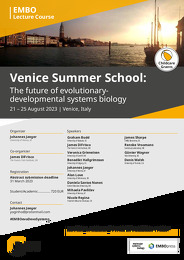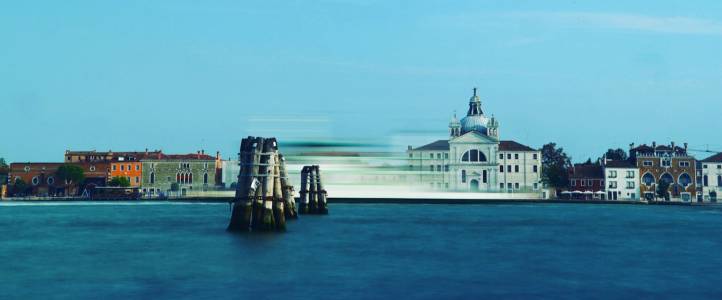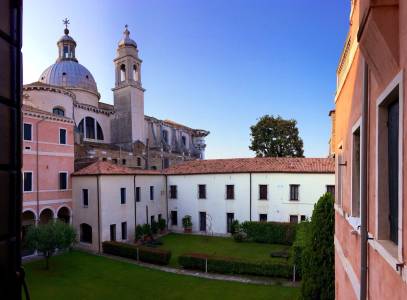About the Lecture Course
Any adequate theory of evolutionary change must cover both the sources and the consequences of phenotypic variation. On the one hand, we must understand the various processes—genetic, metabolic, physiological, developmental, and behavioral—that generate variation. On the other hand, we must understand the sorting processes that lead to the differential survival of different variants. The latter aspect is covered by traditional evolutionary genetics, with its well-developed set of concepts and models. In contrast, there seems to be no overarching theory or unifying framework able to explain the enormous diversity of processes generating variation. These processes are not only dauntingly complex, but also occur at many different levels of organization—from the molecular to the cellular, tissue, organ, organismic, and even supra-organismic levels (ecological or social). We could conclude from this that no theory of the sources of variation is possible, or we could call for a novel, empirically grounded, organismic systems biology that integrates philosophical, mathematical, and experimental approaches to tackle the issue. We will look at this project from a broad theoretical vantage point to assess the future of evolutionary and developmental systems biology.
Specifically, we will focus on the following five topics:
1. How is genetic causation framed and embedded in the context of the organism?
2. How do we connect the study of cell & developmental biology to evolutionary genetics?
3. How can we model the genotype-phenotype relationship and its role in evolution?
4. What would a modern organism-centered evolutionary biology look like?
5. What role do technology and theory play for progress in evolutionary systems biology?
We have gathered an interdisciplinary teaching panel of empirical investigators together with mathematical modelers and philosophers of biology to discuss the topics listed above. For the first time in the history of our summer school, we will focus entirely on the future of the field, in an attempt to anticipate challenges and to prepare our participants for questions that are likely to have an important impact on their empirical or theoretical research some years into the future. This requires a format that is question-driven, exploratory, and participatory. We combine lectures with small-group discussions where teachers and students search for the commonalities and differences between their respective views. The aim of the summer school is to attract early-stage empirical and theoretical researchers from a large range of disciplines who are interested in evolutionary problems, to equip them with the conceptual tools and critical thinking skills to tackle future challenges and to relate them to their own specific research questions and explanations.
About EMBO Courses and Workshops
EMBO Courses and Workshops are selected for their excellent scientific quality and timelines, provision of good networking activities for all participants and speaker gender diversity (at least 40% of speakers must be from the underrepresented gender).
Organisers are encouraged to implement measures to make the meeting environmentally more sustainable.







